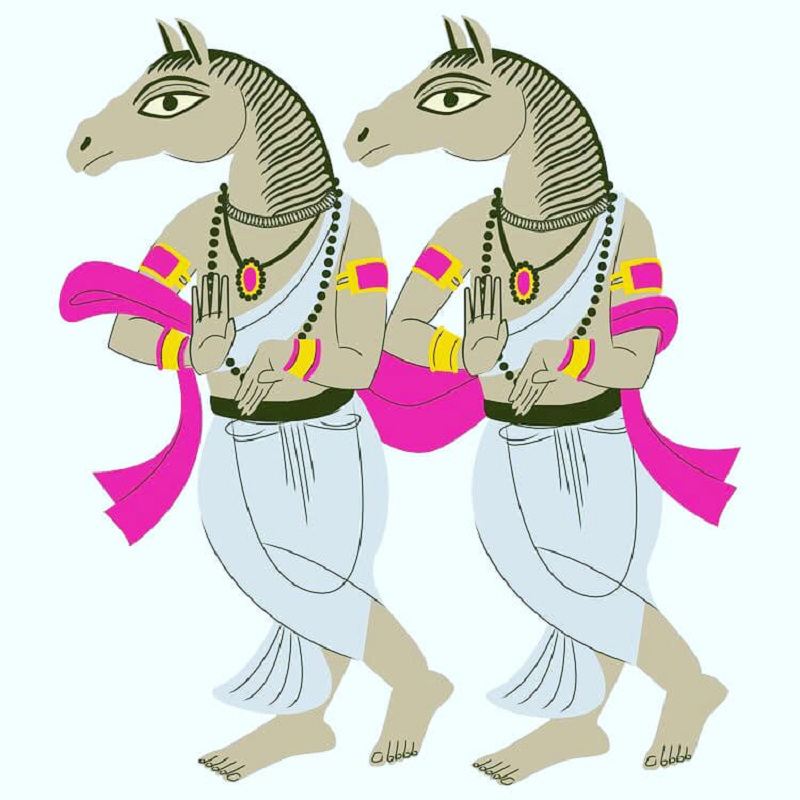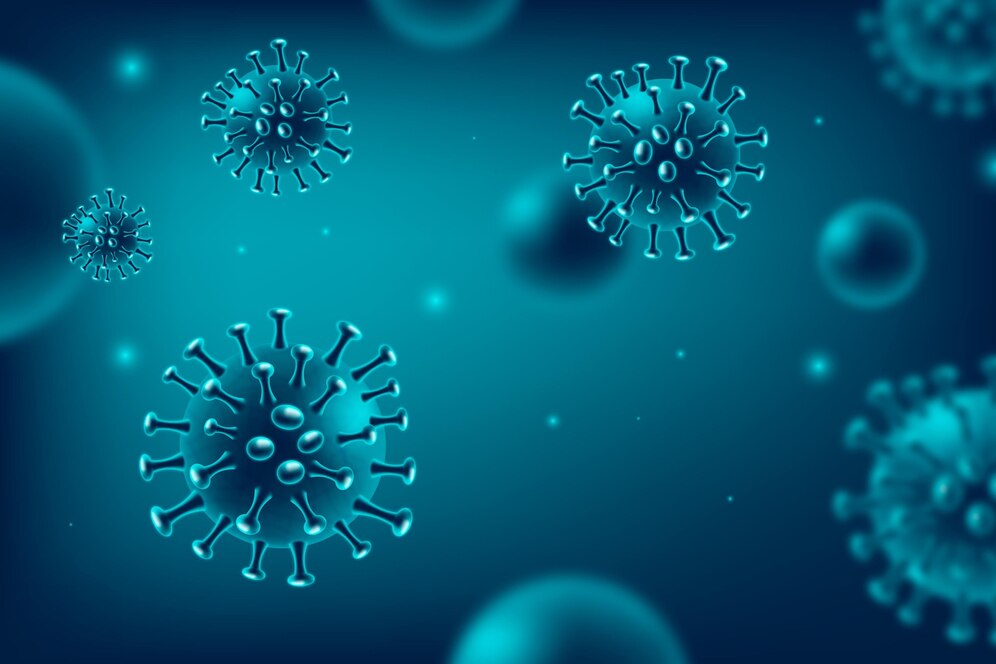
Every year on 11 April, Parkinson's Day is observed across the world. Its purpose is to make more and more people aware of this disease. Despite this, millions of people do not even know the name of this disease. Parkinson's disease is a disorder related to the brain, due to which the body becomes uncontrollable and out of control at times. The symptoms of this disease can start gradually and take a severe form. As the disease progresses, people have difficulty walking, talking, and doing many other activities.
Some studies suggest that the disease affects men more than women. Experts are doing more studies to understand the factors that may increase the risk. Most people with Parkinson's are seen above the age of 60. Apart from this, there are about 5% to 10% of people start experiencing its symptoms from the age of 50.

cause of Parkinson's disease
Parkinson's disease is caused by the loss of nerve cells in a part of the brain called the substantia nigra. The nerve cells in this part of the brain are responsible for producing a chemical called dopamine. In such a situation, when these nerve cells are damaged, the release amount of dopamine also decreases and this causes this problem.
Some common symptoms of Parkinson's disease
The symptoms of Parkinson's and the rate of progression can vary from person to person.
Tremor of the hands, arms, feet, jaw, or head
- muscle stiffness, where the muscles remain contracted for a long time
- slowness in movement
- impaired balance, which sometimes causes a person to fall
Depression and emotional changes
Difficulty swallowing, chewing, and speaking
- urinary problems or constipation
- skin problems
Parkinson's disease symptoms often start on one side of the body or one limb. As the disease progresses, it starts affecting more and more parts of the body. Before experiencing stiffness and tremors, the patient may also have sleep problems, constipation, loss of smell, and restless legs syndrome.
Parkinson's disease diagnosis
Currently, there is no blood or lab test to diagnose non-genetic cases of Parkinson's. Doctors usually diagnose the disease by looking at a person's medical history and performing neurological tests.
Treatment for Parkinson's Disease
There is no cure for Parkinson's disease yet. Apart from medicines, and surgical treatment, there are some therapies, with the help of which treatment is possible.
There are some other treatments besides medicines
Some therapy for difficulty in walking and speaking, with the help of which problems such as walking and hoarseness can be relieved.
Nutritious food for the overall health of the body
Exercises to make muscles strong, balanced, and flexible
Massage therapy to reduce stress










